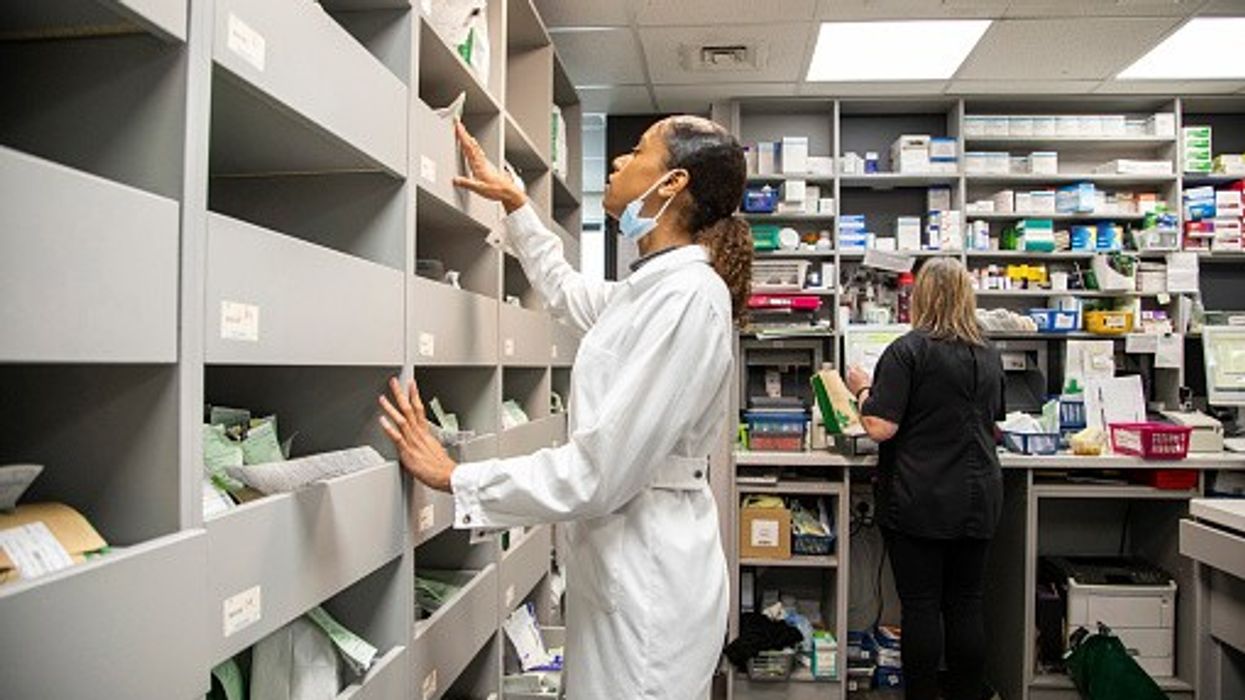The National Pharmacy Association (NPA) has warned that thousands of pharmacies in England are facing £250 million of unplanned costs this April due to increases in National Insurance and the National Living Wage.
Additionally, many pharmacies will see their business rates surge by an estimated 140 per cent, further pushing up costs.
These rising costs come on top of real-terms funding cuts of 40 per cent over the past decade, which have already led to a record number of closures.
According to the NPA, rises in National Insurance and the National Living Wage will collectively cost pharmacies across the UK £310 million.
The association has voiced concern that, without urgent government intervention, many pharmacies may be forced to reduce services or even shut their doors permanently.
Unlike other businesses, pharmacies cannot simply raise prices to offset these rising costs. Furthermore, while GPs and other parts of the NHS have received commitments to cover these increases, pharmacies have yet to receive similar assurances, despite the changes coming into effect in just six weeks.
NPA chair Nick Kaye cautioned that pharmacies face a financial “cliff edge” in April, with a “triple whammy” of rising National Insurance, National Living Wage and business rates all arriving at once.
“Pharmacies have shut in record numbers and those that are left are currently hanging on by their fingernails,” Kaye said.
“Without imminent funding certainty from the government we may be left with little choice but to recommend collective action to ensure pharmacies can survive for the patients who rely on them.”
In a recent NPA ballot, 99.7 per cent of participating pharmacies indicated they would be willing to take collective action, including cutting back their opening hours for patients, if their funding situation does not improve.
The government has only recently begun consultations on pharmacy funding for the current financial year—10 months later than originally planned.













